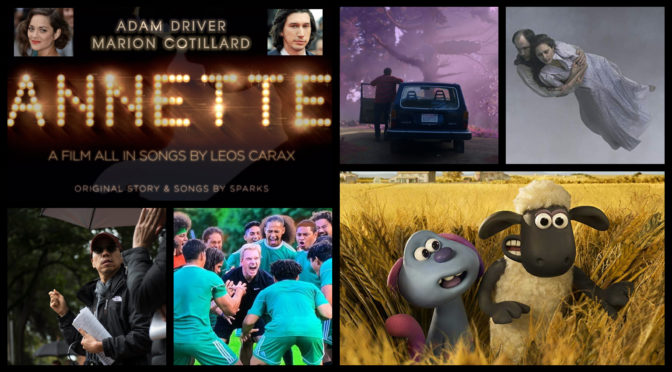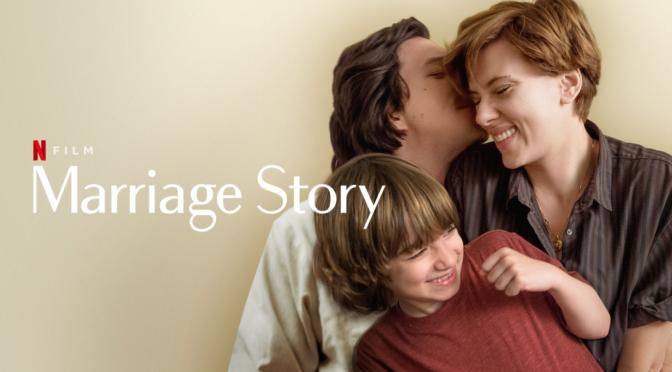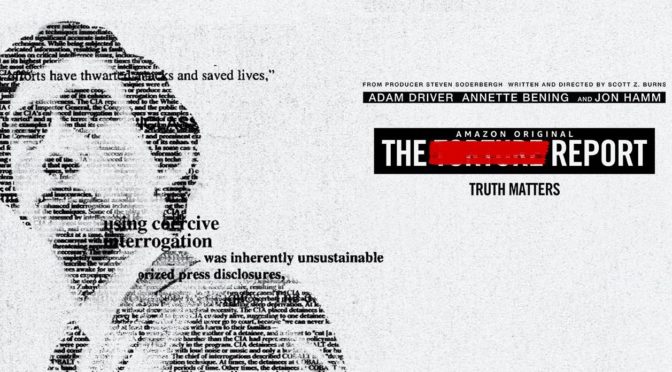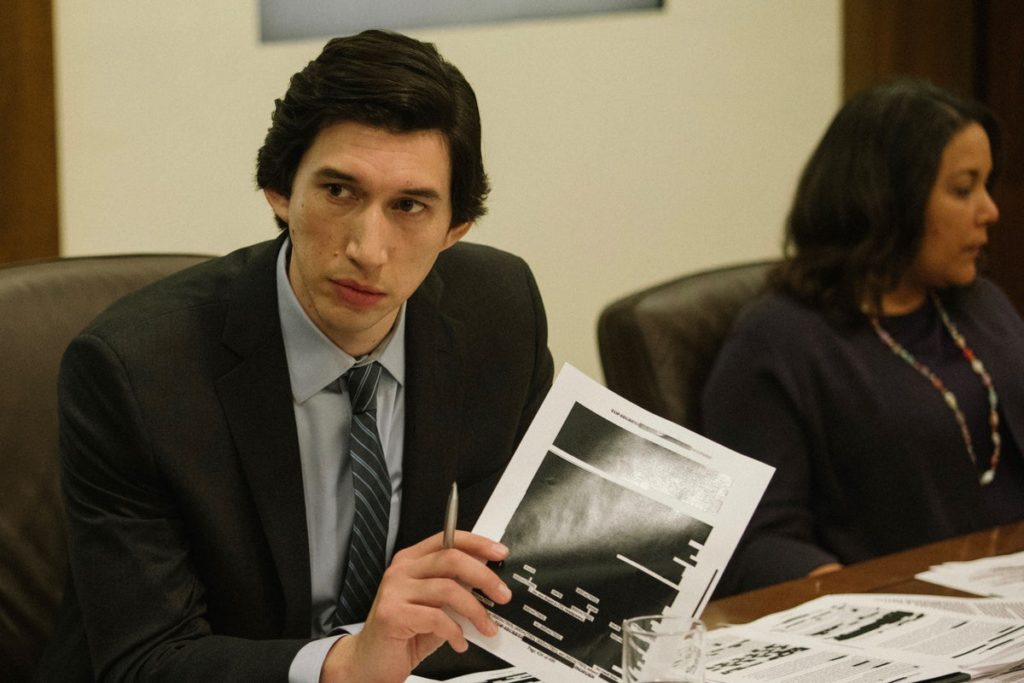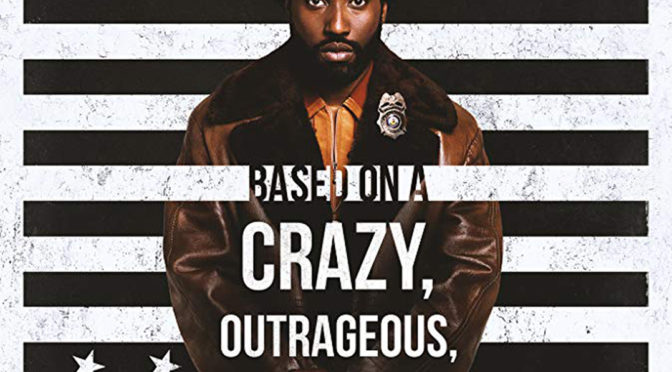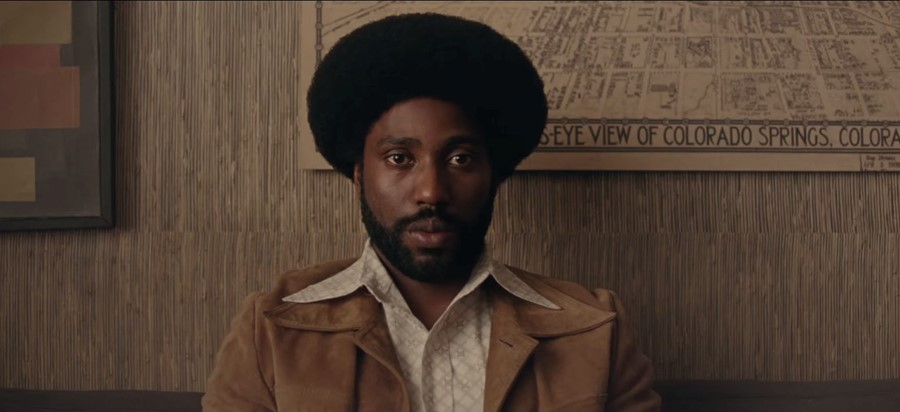With 2019 coming to a close, here are my most anticipated films of the upcoming year. Note that titles from last year’s list that were delayed to 2020 have been excluded here (like I’m Thinking of Ending Things which would otherwise be near the top).
12. Underwater (1/10/2020)
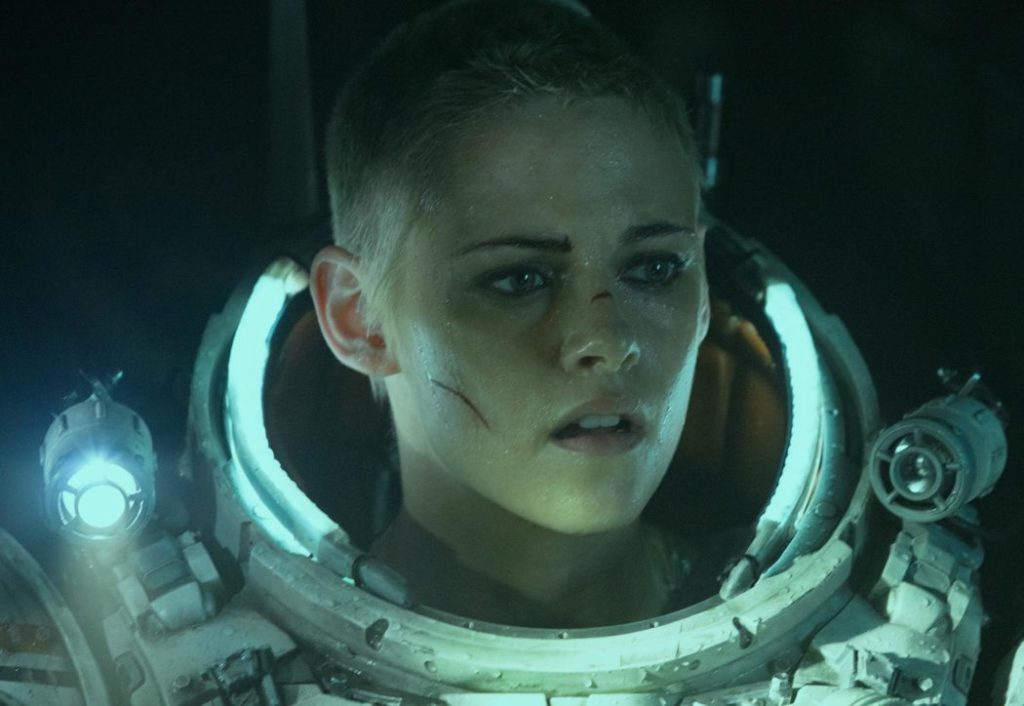
William Eubank is one of the most promising young sci-fi directors working today. He brings big ideas and grounded emotions with incredible special effects and visual flair. His two films to date (The Signal and Love) were not complete successes but they showed a filmmaker with potential to do something special if given the right canvas. Underwater is his first studio film and while the January release date and multiple delays are worrying, I’m still hopeful for a thriller with a unique vision.
11. Another Round (TBD 2020)
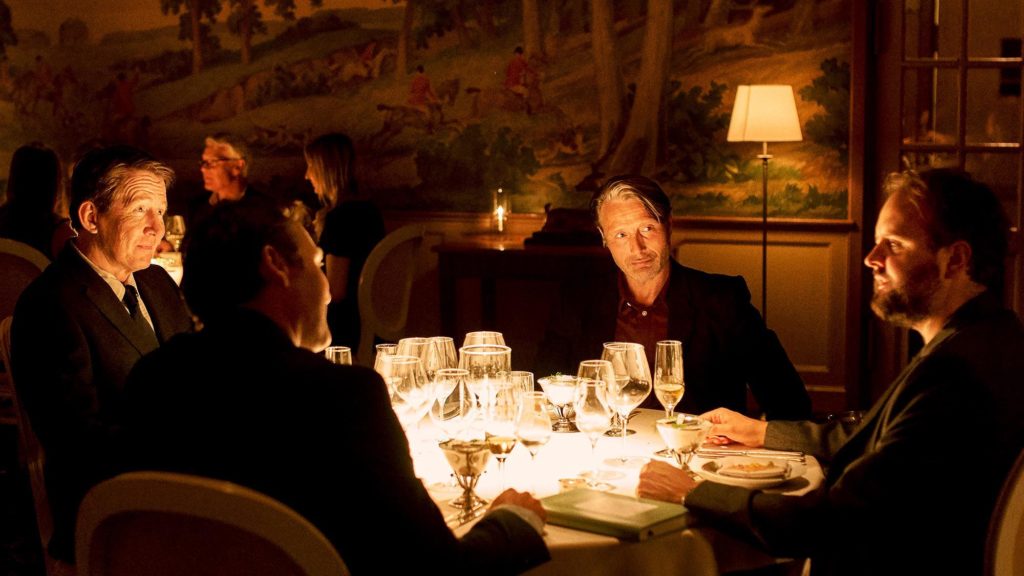
Rejoining many of his team from The Hunt, Thomas Vinterberg has another impressive project in the works. Starring Mads Mikkelson and co-written by Tobias Lindholm, the film follows a group of high school teachers that experiment with being intoxicated throughout the day after learning of a theory that claims it is beneficial. The precarious plot and the combination of Vinterberg, Mikkelson, and Lindholm mean we can expect plenty of taut drama.
10. Color Out of Space (1/24/2020)

The producers of Mandy have re-teamed with Nicolas Cage for an adaptation of a short story by H.P. Lovecraft. The premise is strange, but that’s to be expected given the pedigree. Festival reviews have been positive and it looks like another great opportunity to see the great actor at his craziest and at his Cage-iest. The film is also the return of director Richard Stanley (The Island of Dr. Moreau) and is a welcome entry in the growing number of fun B-movies made with A-grade talent.
9. Next Goal Wins (TBD 2020)

Taika Waititi (Hunt for the Wilderpeople) is directing a live-action remake of the acclaimed documentary about the football team of American Samoa going from being a terrible team to qualifying for the FIFA World Cup. The sports underdog story should allow Waititi plenty of situations to craft his signature brand of goofy humor and the casting of Michael Fassbender (Shame) in the lead role is an interesting twist. Fassbender is an incredibly talented actor, but he hasn’t starred in a comedy before. His inclusion is an exciting wildcard in what I hope will be a sports comedy to rival the likes of Shaolin Soccer.
8. Tenet (7/17/2020)
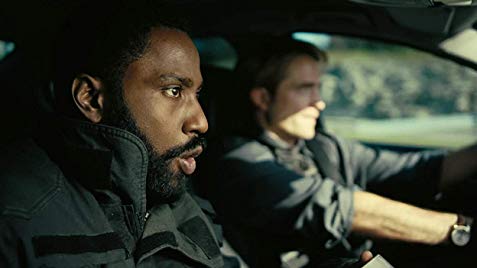
Using in theaters only trailers and previews, the hype machine for Tenet has already begun and with good reason. Christopher Nolan is one of few filmmakers that is as critically acclaimed as he is commercially successful granting him the chance to make original ideas with budgets usually reserved for established franchises. Nolan has called Tenet his most ambitious film yet and it appears to involve time travel elements that will create Nolan’s favorite puzzle-like structure for the narrative and will likely have film fans discussing what happened and in what order for months after release.
7. Mank (TBD 2020)
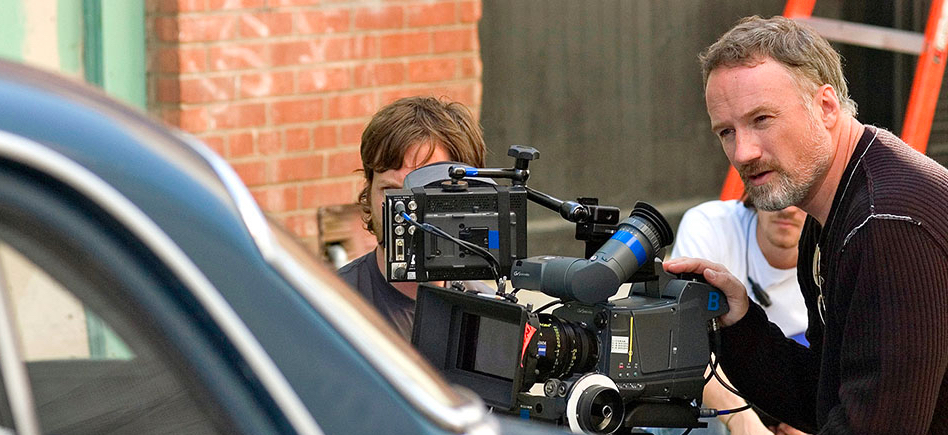
David Fincher (The Social Network) hasn’t directed a film in half a decade so his next feature is long overdue. Based on a screenplay by Fincher’s late father, the film follows screenwriter Herman J. Mankiewicz as he writes the script for Citizen Kane. Fincher has shown his mastery of period details in Zodiac and Mindhunter and with Gary Oldman in the lead role, this will be much more than the typical biopic about a Hollywood insider.
6. The Lodge (2/7/2020)
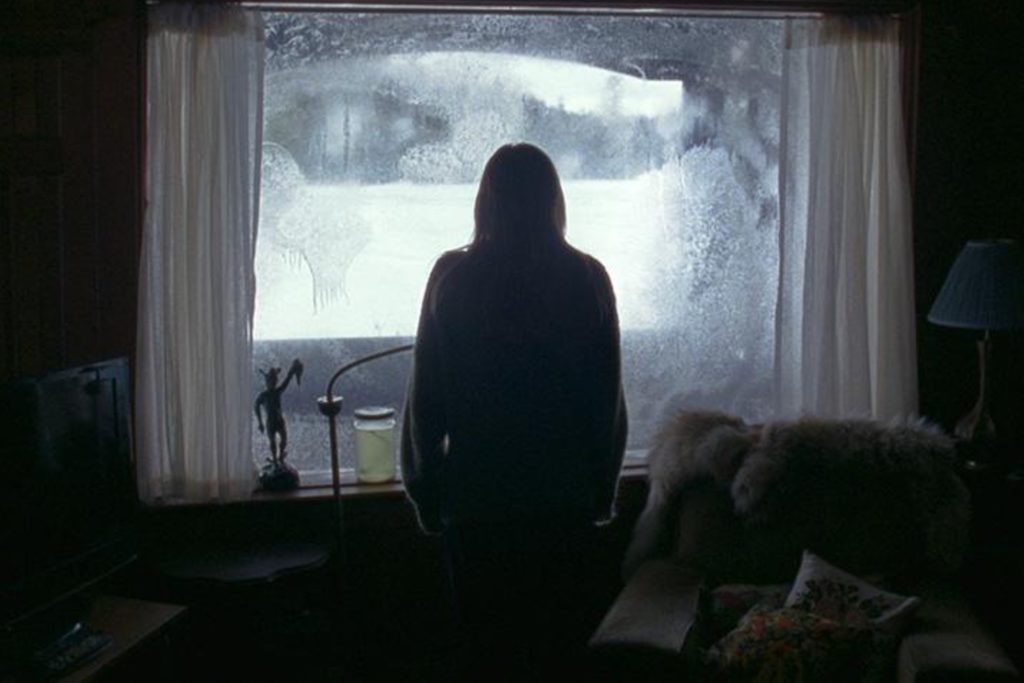
The only film on this list I have already seen, The Lodge is a psychological thriller from Veronika Franz and Severin Fiala (Goodnight Mommy). Riley Keough (Mad Max: Fury Road) plays a future stepmom with a traumatic past left alone at a remote cabin with her two future stepchildren. What follows is a tense and troubling series of inexplicable events that cast doubt over all the characters. Franz and Fiala are unrelenting in their commitment to unnerving horror and the end product is satisfyingly ruthless.
5. A Shaun the Sheep Movie: Farmageddon (TBD 2020)

Aardman Animations (Chicken Run) is still the best stop-motion animation studio working today. They are masters of slapstick humor and use expressive puppets and fluid movements to bring their stories to life. The original Shaun the Sheep Movie was an absolute delight that showed how much humor can be mined from characters that don’t even speak. Farmageddon released in the UK recently and the feedback has been just as positive as for the original.
4. Dune (12/18/2020)

His last film (Blade Runner 2049) may have flopped at the box office, but Denis Villeneuve demonstrated that he was more than capable of bringing a complex science-fiction world to life. Villeneuve is being given something the previous adaptations have not had, at least not concurrently. He has a blockbuster movie budget and his film will only cover the first half of the book, reducing the risk that the film will suffer from a condensed plot. A sequel based on the remaining half of the novel as well as a television series spinoff, also directed by Villeneuve, have already been announced placing significant confidence in this new adaptation of a beloved novel.
3. Annette (TBD 2020)
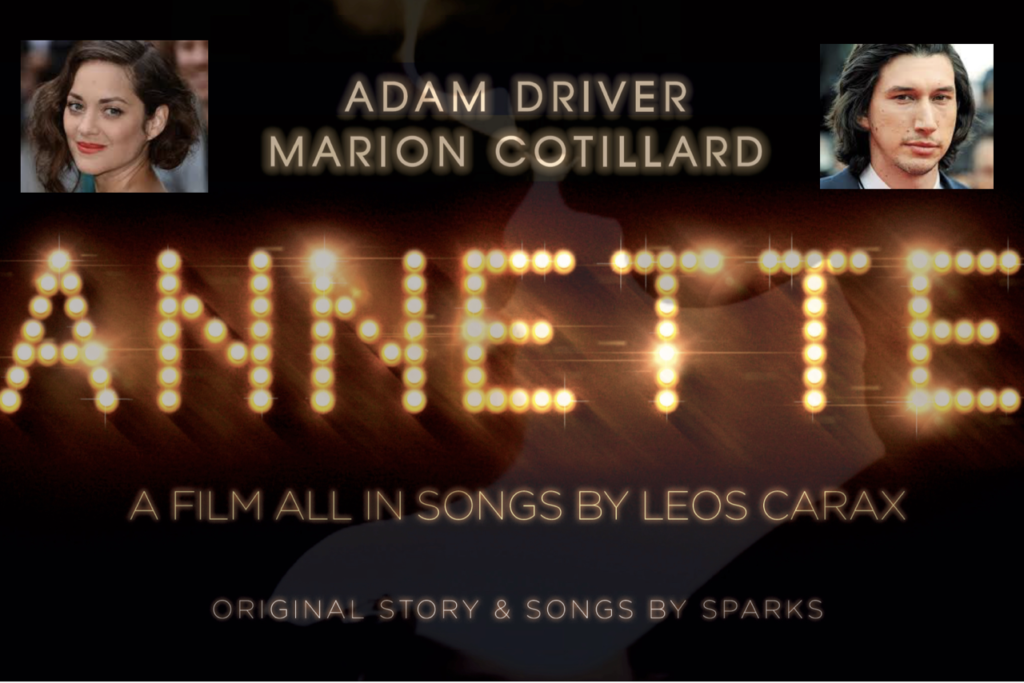
Leos Carax is definitely an oddball. His last film (Holy Motors) featured everything from motion capture suits to chimpanzees to talking cars, but somehow worked. He has the manic energy and absurd plots to make films that seem like the work of a mad genius. His newest film is his English-language debut and sadly the first to not include the great Denis Lavant as the lead, but it does have Adam Driver and Marion Cotillard to compensate. The story is supposedly a musical about a girl with a special gift. There is no telling what any of this could mean, but the unpredictability is the most exciting aspect of any Carax project.
2. Memoria (TBD 2020)
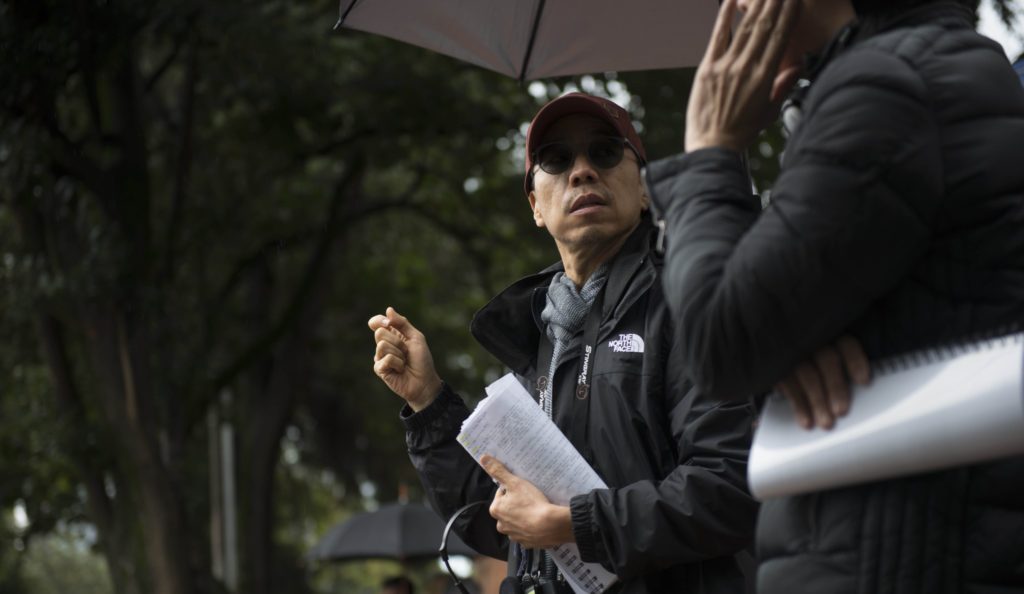
Another English-language debut, Memoria is the newest film from Thai director Apichatpong Weerasethakul (Uncle Boonmee Who Can Recall His Past Lives). Starring Tilda Swinton and set in a mountain village in Columbia, the beauty of the area will provide ample opportunity for his contemplative style and his focus on nature.
1. About Endlessness (TBD 2020)
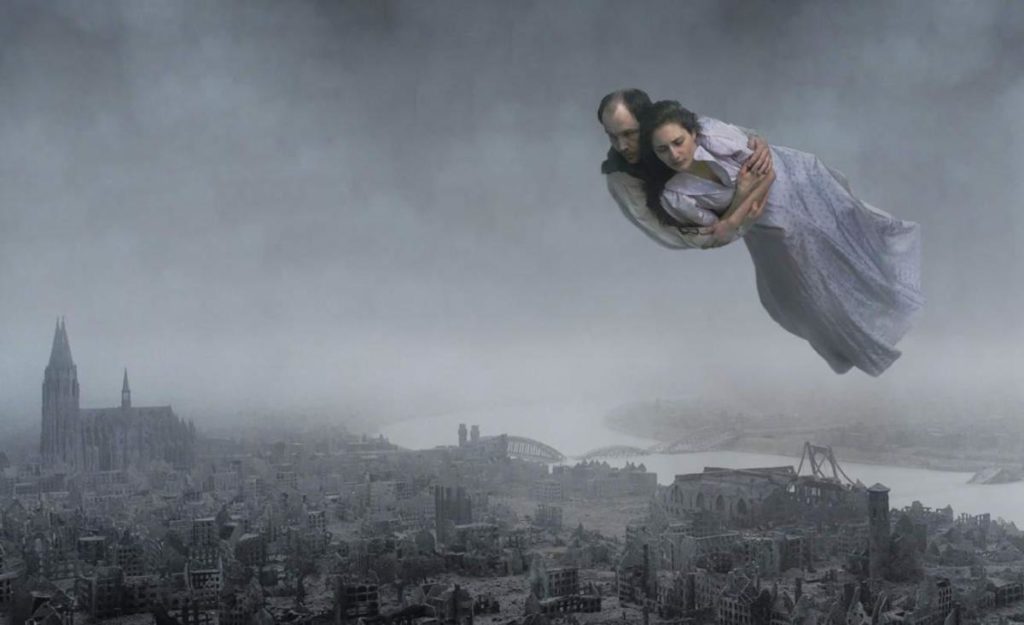
After finishing his trilogy “about being a human being”, Roy Andersson (You, the Living) returned to the Venice Film Festival this year with About Endlessness. Like his previous work, the film uses the same stark artifice for ironic humor, but initial reviews have noted a more emotional tone. Andersson is one of the most distinct filmmakers alive and it is entirely fitting that he release a 70 minute film titled About Endlessness. I can’t wait.
